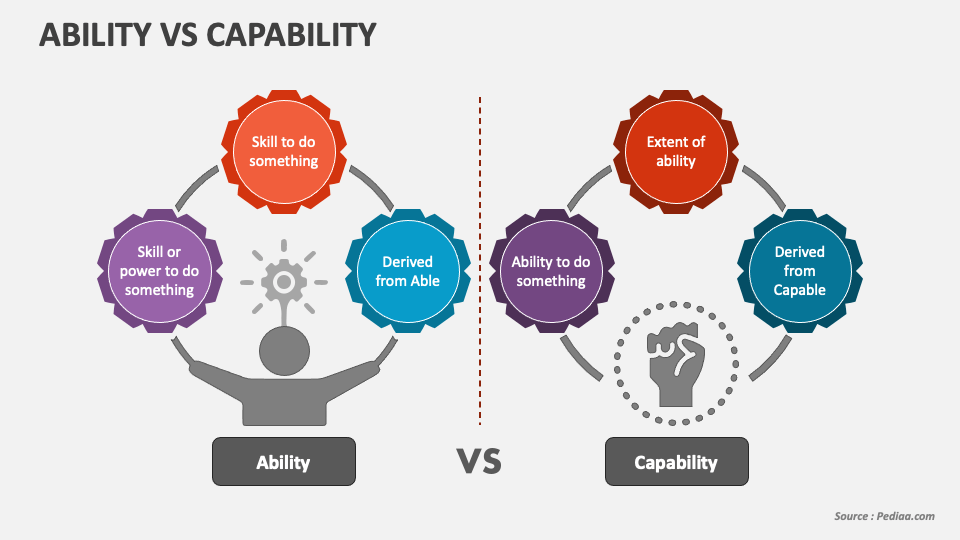
In the evolving landscape of healthcare, particularly in the domain of home health care, a nuanced understanding of capabilities is indispensable. Accurately aligning capabilities with established nursing standards cultivates an environment where patient care can thrive amidst the complexities of chronic illness management and rehabilitation. This article delves into the various capabilities that correspond with the Home Health Care-Nursing Standards Guide, elucidating the integral components that underpin effective service delivery in this sector.
Home health care refers to a range of health and supportive services delivered in the comfort of a patient’s home, allowing for the continuation of care that transcends traditional hospital settings. As the population ages and the prevalence of chronic diseases rises, the significance of home health care becomes increasingly paramount. Thus, understanding the capabilities required to meet nursing standards becomes essential for both practitioners and administrators in the field.
1. Clinical Competence: The cornerstone of any nursing practice is clinical competence. Within home health care, this capability is reflected in the ability of nurses to perform comprehensive assessments, implement evidence-based interventions, and evaluate patient outcomes. Nurses must be adept at recognizing early signs of complications and adapting care plans accordingly. This adaptive clinical competence ensures that care is tailored to the fluctuating needs of patients in a home environment.
2. Interdisciplinary Collaboration: Home health care rarely occurs in isolation. Effective collaboration among interdisciplinary teams—including physicians, social workers, physical therapists, and nutritionists—enhances the coherence of care. The capability to communicate effectively and coordinate services ensures that every aspect of a patient’s well-being is addressed comprehensively. This collaboration fosters a holistic approach, which is pivotal in addressing the multifaceted nature of health challenges faced by homebound patients.
3. Cultural Competence: The ability to interact effectively with diverse populations is another fundamental capability within home health care. Cultural competence encompasses an understanding of patients’ backgrounds, beliefs, and values, allowing for a respectful and tailored approach to care. As the demographic landscape shifts, home health care nurses must be equipped to navigate cultural nuances to deliver care that resonates with their patients’ individual experiences.
4. Patient Education and Empowerment: Empowering patients with the knowledge required to participate actively in their own care is a critical capability of nursing practice. Nurses not only educate patients about their conditions and treatments but also instill confidence in their ability to manage their health. This educational component enables patients to make informed decisions, fostering independence and enhancing self-efficacy—ultimately leading to improved health outcomes.
5. Technological Proficiency: As home health care integrates more advanced technologies, nurses must be proficient in using telehealth platforms, electronic health records, and remote monitoring tools. This capability facilitates seamless communication with other healthcare providers and enhances the monitoring of patient conditions outside traditional settings. Embracing technology not only improves efficiency but also ensures continuous care and timely interventions.
6. Ethical and Legal Awareness: Navigating the complexities of ethical dilemmas and legal statutes is a vital capability for home health care nurses. Understanding patient rights, confidentiality, and informed consent are paramount in establishing trust and fostering a safe care environment. Adhering to ethical principles enables nurses to advocate for their patients diligently, making informed choices that align with both professional standards and patient values.
7. Leadership and Advocacy: Effective leadership within home health care is characterized by advocacy for both patients and the profession. Nurses in home care settings must possess the ability to influence policy, promote best practices, and advocate for resources that enable high-quality care. This capability encompasses inspiring confidence within teams and fostering an environment conducive to professional growth and collaboration.
8. Quality Improvement and Evaluation: Continuous quality improvement is essential in home health care delivery. Nurses must be adept in utilizing data to assess performance metrics and outcomes. This capability fosters a culture of accountability and drives initiatives aimed at enhancing patient satisfaction and clinical results. By actively engaging in the evaluation process, nurses contribute to the refinement of practices that improve service delivery.
9. Crisis Management: The unpredictable nature of patient needs in home settings necessitates a strong capability for crisis management. Home health care nurses must be prepared to respond swiftly and effectively to emergencies, implementing appropriate interventions while maintaining composure. This capability not only aids in immediate resolution but also enhances patient confidence in their care provider’s ability to manage unforeseen circumstances.
10. Emotional Resilience: Working in home health care can be emotionally taxing, necessitating resilience and coping strategies among nursing professionals. The capability to manage stress, maintain empathy, and sustain emotional well-being is critical in ensuring that nurses remain effective in their roles. This emotional fortitude enables them to provide compassionate care while navigating the challenges inherent in home environments.
In summation, the capabilities corresponding with the Home Health Care-Nursing Standards Guide encompass a myriad of competencies vital for delivering effective patient care. These abilities range from clinical expertise and interdisciplinary collaboration to cultural awareness and technological proficiency. By honing these skills, home health care nurses can uphold the standards of practice and contribute to improved health outcomes for their patients. As the field continues to evolve, embracing these capabilities will be essential in advancing the quality of care delivered in home settings.
